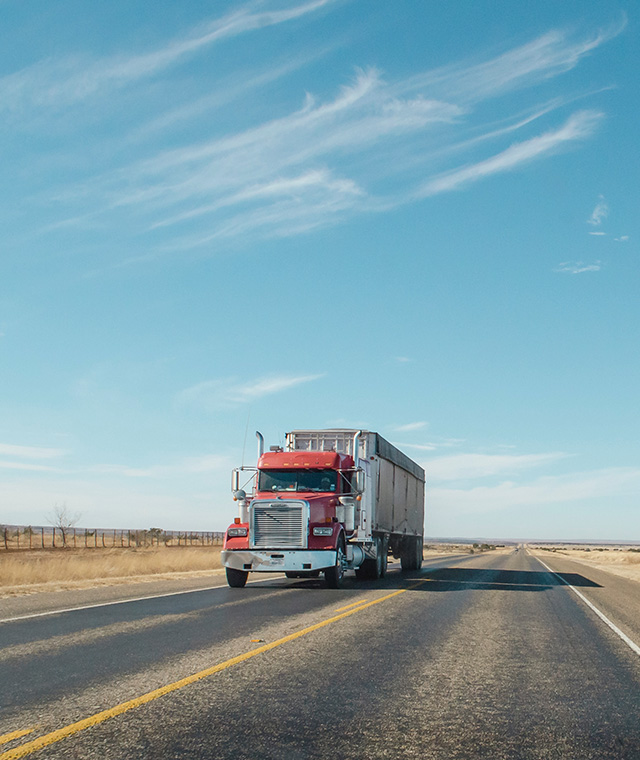4 FAQs About Overloaded Truck Accident Claims

Have you ever noticed the vast number of weigh stations that line our interstates? Have you wondered why they’re so important? Generally speaking, weigh stations serve two purposes; the first relates to taxes. Most states collect taxes on the weight of transported goods, so these stations ensure accurate reporting. The second purpose is far more important, though, because it has a major impact on highway safety.
Weigh stations monitor the total weight of massive tractor-trailers to ensure they’re not violating federal or state truck weight limits. When a big rig is overweight, its performance is compromised, thereby increasing the risk of a wreck. If you were hurt in a collision caused by an overloaded 18-wheeler, from the perspective of a personal injury attorney, here’s what you should know about pursuing compensation for the resulting damages:
1. Who Might Be Liable for an Overloaded Truck Accident?
There are several parties that could be responsible for a collision caused by an overweight truck. For example, while cargo loading companies are often to blame, drivers may also have an obligation to monitor their vehicle’s weight en route. And if the motor carrier purposefully overloaded the truck to increase profits, they could be found at fault, as well. The motor carrier may also be vicariously liable if the trucker was an employee and is found at fault for the crash.
2. What Kinds of Scenarios Contribute to Overloaded Truck Accidents?
There are two ways a truck can be overloaded. The first regards each individual axle. If the load is not distributed evenly, a single axle could be overloaded, which will affect the vehicle’s balance and make rollovers more likely to occur.
The second regards the total weight of the load. If it exceeds optimal capacity, the vehicle will be much harder to maneuver in traffic. This can increase the risk of tire blowouts and loss of steering control.
3. How Can You Prove a Truck Was Overloaded?
A resourceful personal injury attorney can help you gather evidence to prove the truck was overloaded. Examples of such evidence may include:
- Cargo loading invoices;
- Weigh station receipts;
- Driver logs; and
- Black box data.
4. What Kinds of Damages Might Be Recoverable Following a Truck Accident in Florida?
If you were seriously injured in a truck accident in Florida, you have the right to pursue funds for a wide array of compensatory damages. These include both the economic and non-economic damages that you incur. For example, your personal injury attorney may be able to consider the following when approximating a fair settlement amount:
- Past medical bills;
- Future healthcare expenses;
- Lost income and benefits;
- Loss of future earnings;
- Property damage;
- Home and vehicle modifications necessary to accommodate any new limitations;
- Home care;
- Child care;
- Domestic help;
- Emotional distress;
- Loss of enjoyment in life; and
- Pain and suffering.
Call 772-266-5555 to Discuss Your Case with a Florida Truck Accident personal injury attorney
At Donaldson & Weston, we understand the physical, emotional, and financial toll a truck accident can take on those involved. If you sustained serious injuries in a collision with an overloaded rig, let us handle the logistics of your claim so you can focus on recovering. Call 772-266-5555 to speak with a personal injury attorney or fill out our Contact Form to schedule a free case evaluation with a truck accident lawyer in Florida.
